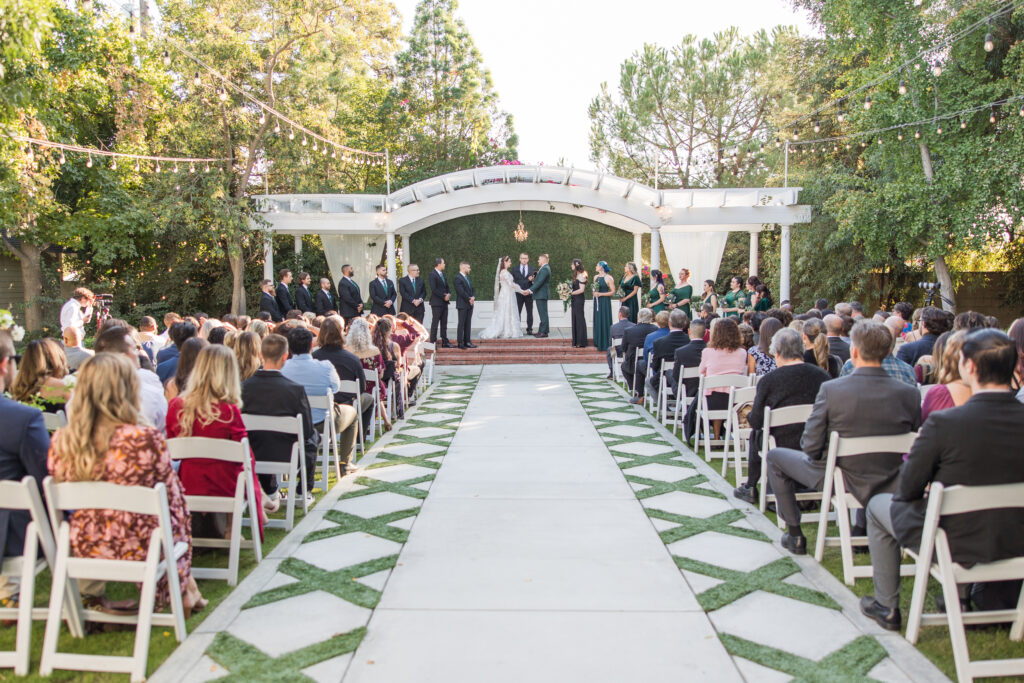
Setting a Wedding Budget | Wedding Wednesday
Planning your dream wedding begins with one crucial step—setting a realistic and well-thought-out budget. Let’s explore some some things to consider when setting a wedding budget.
Discuss the Budget Early – Initiate open and honest discussions about the wedding budget early in the planning process. Establishing a clear financial framework from the beginning sets the tone for decision-making and ensures that both partners are aligned in their expectations.
Decide Who Is Contributing – Determine the financial contributors to the wedding—whether it’s the couple, parents, or other family members. Understanding the sources of funding helps in defining the overall budget and clarifies expectations regarding financial responsibilities.
Prioritize What Is Important – Identify and prioritize elements of the wedding that are most important to you as a couple. Is your priority the venue, your photographer, or the entertainment? Whatever your priority is, be sure you allocate funds toward that first.
Leave Reserve Funds – Building in a buffer or reserve funds is a smart practice to account for unforeseen expenses. Unexpected costs can arise. Having a financial cushion helps navigate any surprises without compromising the overall vision of your wedding.
Plan for Tips – Planning for tips is essential when budgeting for a wedding. Factor in gratuities for vendors such as caterers, photographers, and musicians. Having a clear plan for tips ensures that you express your appreciation for exceptional service without last-minute financial stress.
Plan for Gifts – Budget for gifts. You may include gifts for the bridal party, parents, and anyone else who plays a significant role in your wedding. This thoughtful allocation allows you to express gratitude to those who have supported you on this special journey.
Set Parameters for Vendors – Establish clear parameters for vendor expenses and contracts. This includes negotiating fees, understanding payment schedules, and confirming what is included in the services. Clarity with vendors helps in avoiding surprises and ensures transparency in financial dealings.
DIY (Do It Yourself) – Consider incorporating do-it-yourself (DIY) elements into your wedding. This enables you to add a personal touch while managing costs. These creative touches not only save money but also infuse your wedding with a unique and personal flair.
Setting a wedding budget is a necessary part of the planning process. It is important for couples to remember to balance their dreams with financial realities.